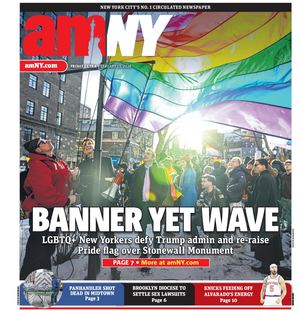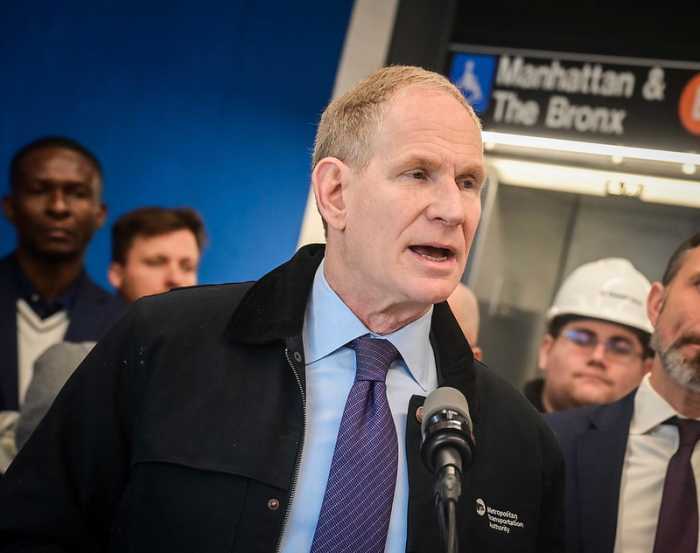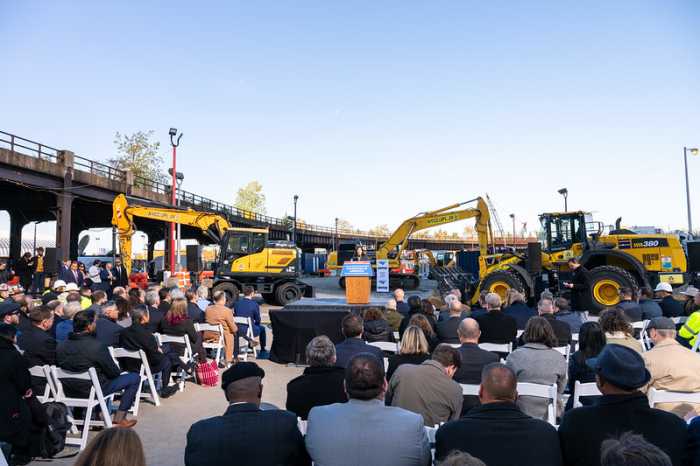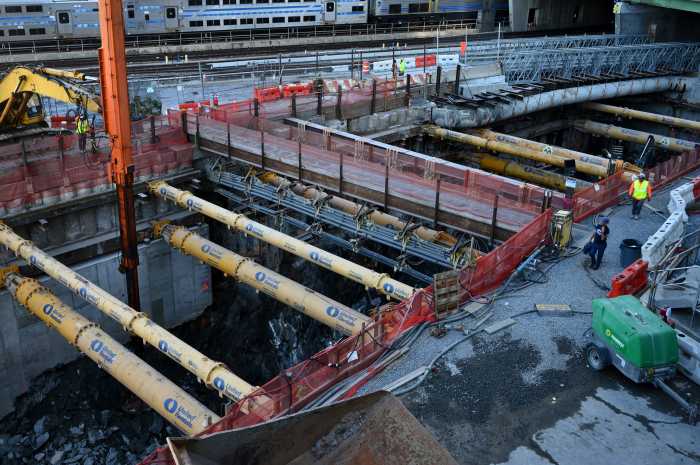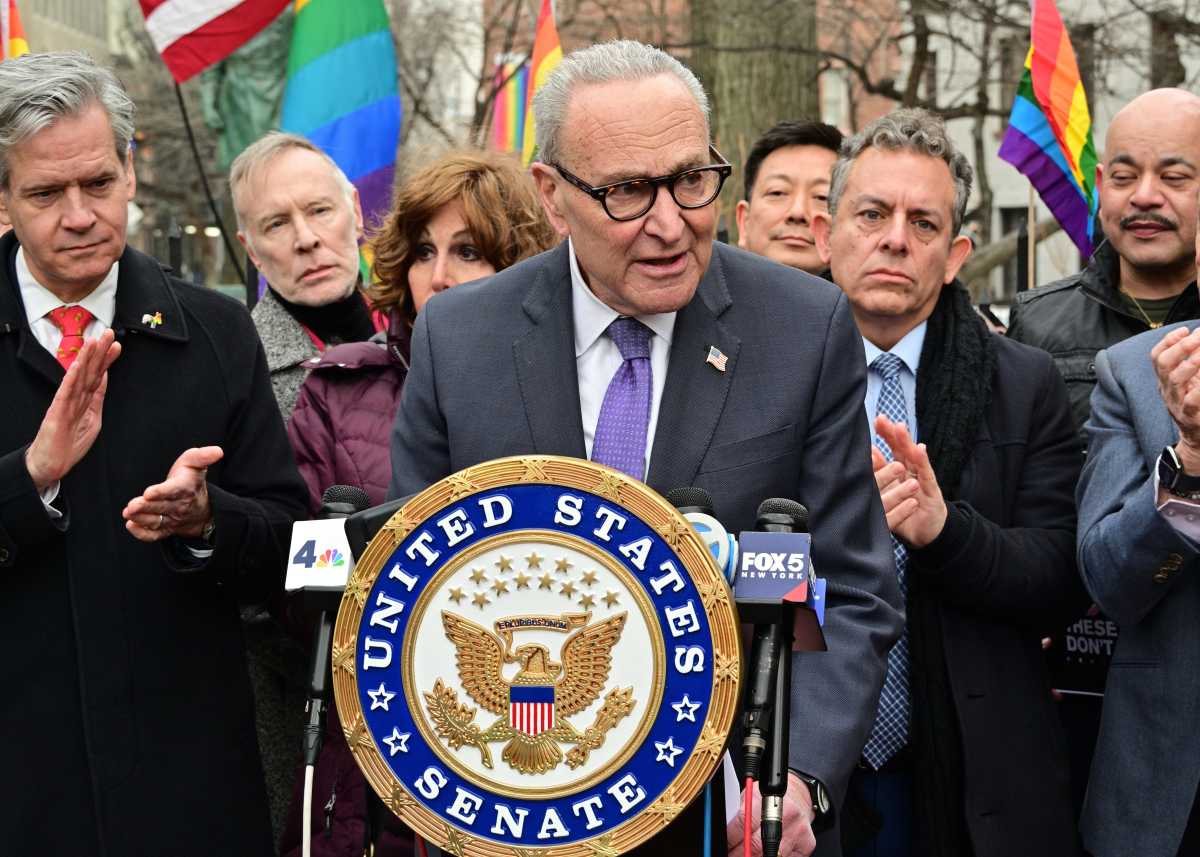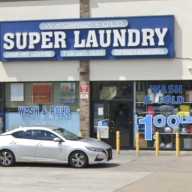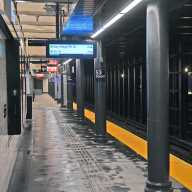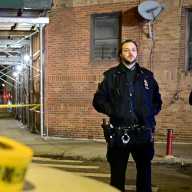Sounds like the MTA had a case of the Mondays, too.
The subway system kicked off Monday with delays on at least nine subway lines, bringing long waits and crowded station platforms for commuters during the morning rush hour as signal failures and other issues hobbled commutes.
Extensive delays were reported on the A, B, D, E, F, M and Q lines, with other issues affecting service on the 2 and 3 lines. Many of the lettered line delays appeared to stem from morning signal failures at the Broadway-Lafayette Street, West Fourth Street-Washington Square and 47th-50th Streets-Rockefeller Center stations.
“This morning’s service was unacceptable and riders are right to expect more from us,” said MTA spokesman Shams Tarek in a statement. “A series of problems along the Sixth Avenue corridor had a ripple effect on other parts of the system; we’ve made fixes for the PM commute and are determined to do better going forward.”
Riders took to social media to complain about skipped stops and other confusing train reroutings. Among the angered masses were City Council Speaker Corey Johnson, who was stuck in minor delays on the 2 train and late to a Council committee hearing, coincidentally, about bringing reforms to the e-hail industry.
“Plenty of subway rage this morning,” Johnson tweeted from his personal account. “What a way to start off the week for so many New Yorkers. Horrible.”
The speaker said trying to get to work on time is like “playing the lottery whenever you swipe your MetroCard.”
The extensive delays Monday came just a day after the advocacy group Riders Alliance released a study that found signal-problems had muddled subway service during all but one morning rush hour in August — that is, between 6 a.m. and 10 a.m.
In response to the article, a spokesman at the MTA insisted that the subways have been “stabilized.” Yet riders complained of another morning where commutes typically taking 20 minutes took an hour or longer. Some riders reported 10- to 12-minute waits for trains at what is the busiest time for subway service.
“Why do I pay $121/month for this agony? Oh, I have no choice,” tweeted user Ariel Alexovich.
“This is unreal, 30 minutes to go 3 stops. During morning rush hour,” read another tweet.
Queens commuters were packed from wall to platform edge inside the Court Square-23rd Street station. And riders on J and Z agonized over what their service will look like next April, when the MTA begins its L train shutdown repairs. The authority expects about 80 percent of displaced riders to switch to alternative lines and will attempt to boost service accordingly.
“Cannot imagine what will happen when the L closes,” lamented Twitter user Irfan Ali.
Monday’s delays lead to a chorus of support for congestion pricing — from Speaker Johnson, a Democrat, to the Republican Staten Island borough president, James Oddo, who had once voted against the measure as a councilman — as a means to ease traffic in Manhattan while also creating a new, dedicated revenue stream for the MTA.
The MTA’s New York City Transit is currently seeking roughly $40 billion in funding for its Fast Forward plan — a 10-year blueprint to modernize transit service and replace much of the system’s ancient, frequently failing signal system. But both the governor and the mayor have sparred over its funding.
“We need congestion pricing to start the Fast Forward Plan. ASAP!” Johnson said.
Peter Ajemian, a spokesman for Cuomo, pointed out that the governor supports Fast Forward and congestion pricing as a means to partially fund it — though Cuomo believes the city should pick up half the tab for the MTA’s modernization plan. Ajemian referred to a statement issued Sunday on the governor’s commitment to congestion pricing.
“The governor single-handedly revived the idea of congestion pricing, has been leading the charge to pass it and succeeded in securing the first phase this year,” Ajemian said.
